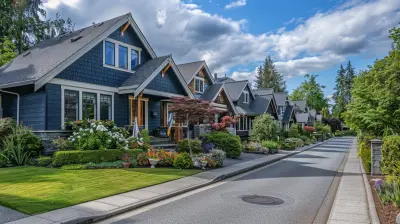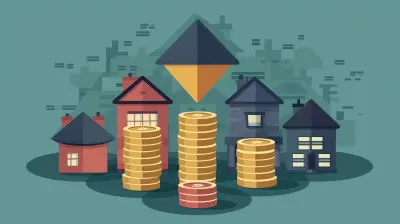How Zoning Can Influence Your Home’s Resale Value
27 October 2025
When you buy a home, you're not just purchasing four walls and a roof—you’re investing in a piece of land governed by zoning laws. These regulations dictate how a property can be used, which can have a significant impact on its marketability and resale value.
Ever wondered why two similar houses in different areas have drastically different prices? One major factor is zoning. Whether you're a homeowner, an investor, or planning to sell in the future, understanding zoning laws can be a game-changer. Let’s break it down in simple terms.
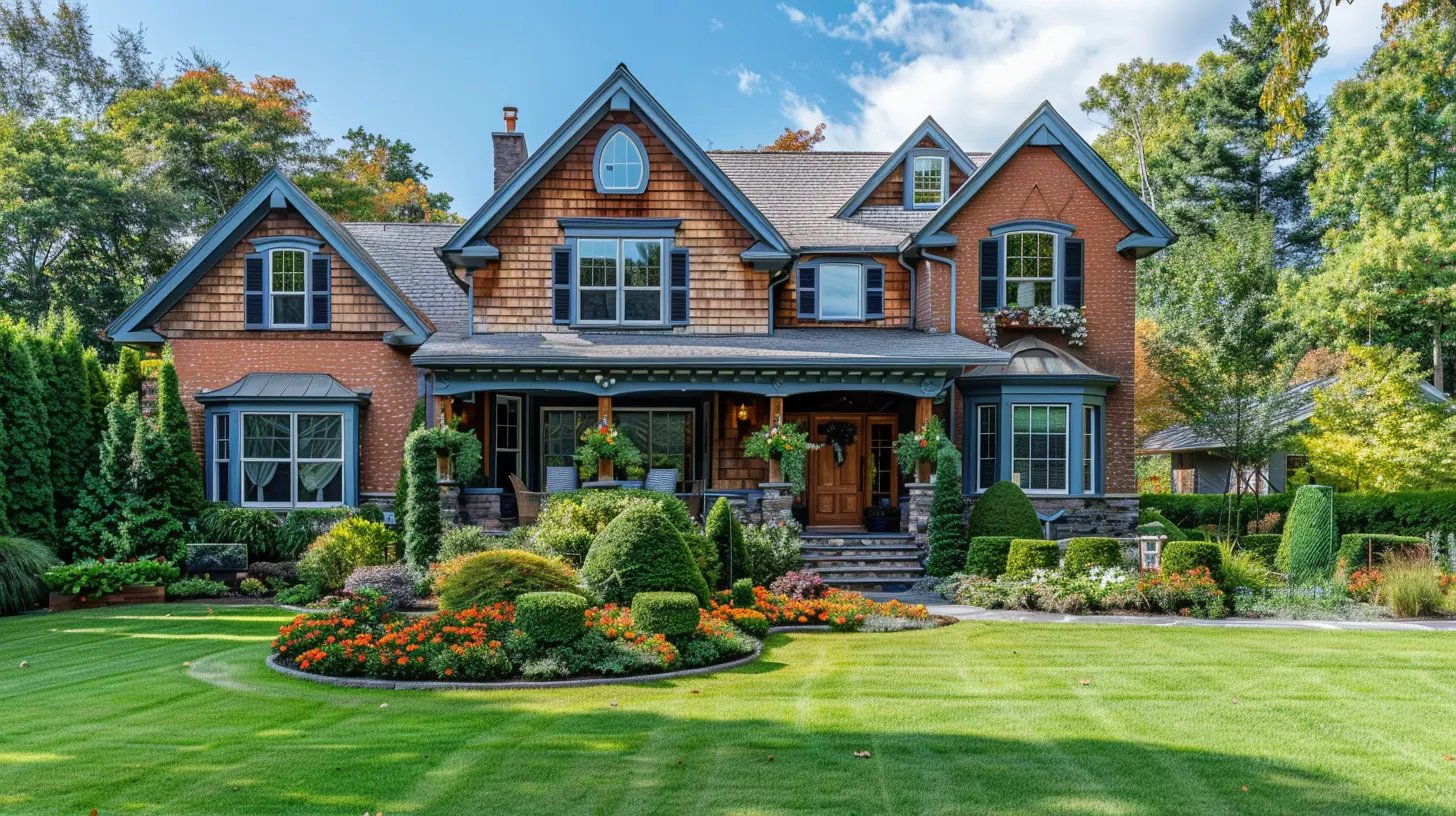
What Is Zoning?
Zoning is a set of regulations that determine how land in a specific area can be used. Local governments create zoning codes to separate residential, commercial, industrial, and recreational areas, ensuring orderly development in a community.Think of zoning like a playlist. You wouldn’t want a heavy metal song blaring after a soothing acoustic track, right? Similarly, zoning prevents a noisy factory from popping up next to a quiet suburban neighborhood.
Common Types of Zoning
- Residential Zoning: This includes single-family homes, multi-family units, and apartments.- Commercial Zoning: Covers businesses like restaurants, offices, and shopping centers.
- Industrial Zoning: Reserved for factories, warehouses, and manufacturing plants.
- Mixed-Use Zoning: Allows a combination of residential and commercial spaces, like apartment buildings with ground-floor retail shops.
Each type has different restrictions, including building heights, lot sizes, and land use limitations that can impact property values.
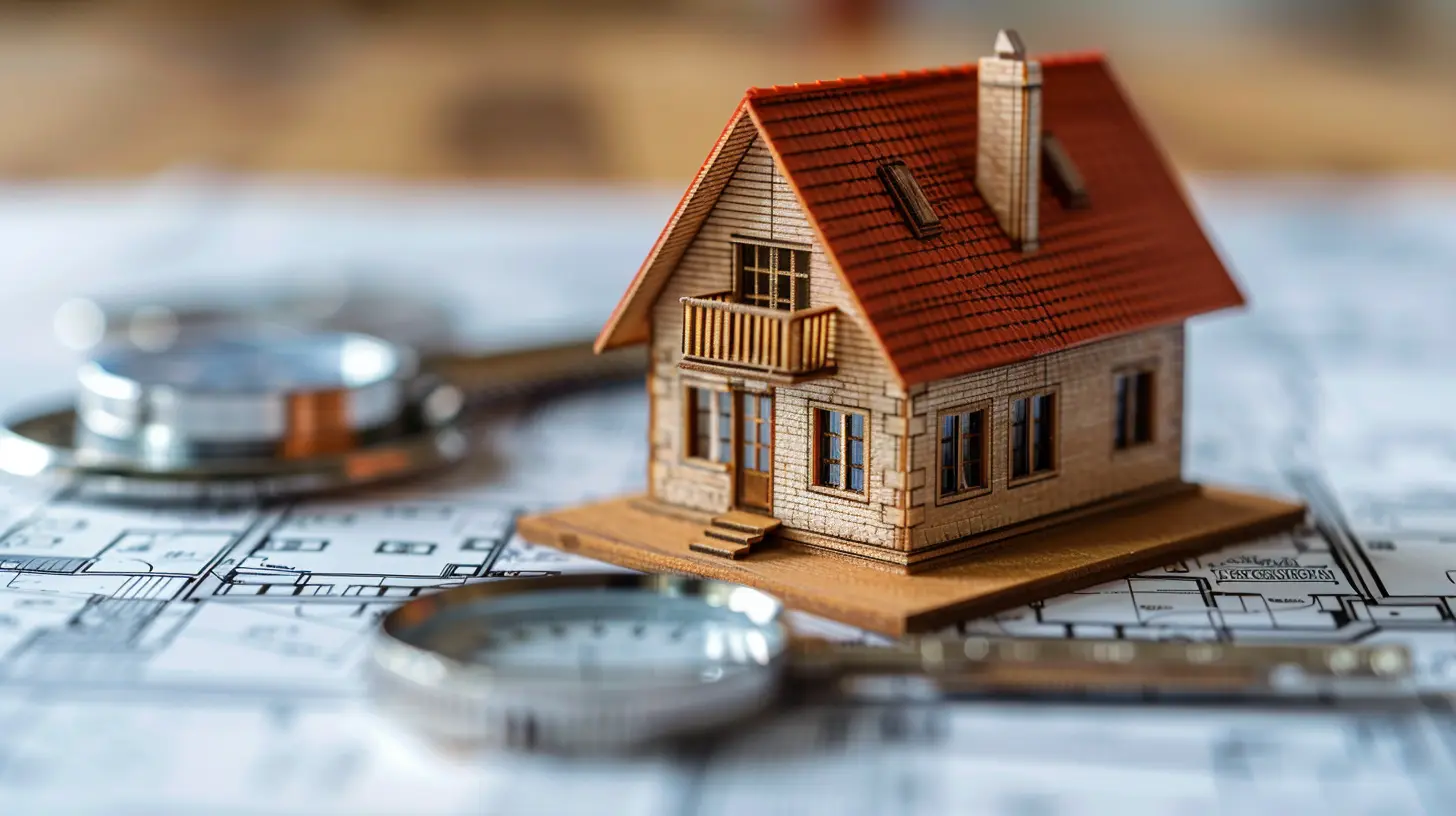
How Zoning Affects Your Home’s Resale Value
Zoning laws might not be the first thing on your mind when buying a home, but they can significantly affect your ability to sell it later. Here’s how:1. Influences Property Demand
The zoning designation of your property affects who can buy it and what they can do with it. A home in a well-planned residential area with parks, schools, and shopping centers nearby will naturally attract more buyers, increasing its resale value.On the flip side, if your home is in an area with unpredictable zoning changes or unwanted commercial developments creeping in, demand could drop, making it harder to sell at a good price.
2. Limits How the Property Can Be Used
Zoning restrictions determine how the property can be used, limiting potential buyers. For instance, if an investor is looking to convert a single-family home into a rental duplex but the zoning laws don’t allow it, they won’t even consider buying your home.Conversely, if your zoning allows for flexible land use, such as converting a property into an Airbnb or a small business space, you open the doors to a broader range of buyers, potentially increasing resale value.
3. Affects Future Development in the Neighborhood
Zoning laws impact how a neighborhood evolves. If your area is zoned for high-rise apartments or commercial buildings, it could bring in more businesses and foot traffic, boosting property values.But there’s a downside. Imagine buying a peaceful suburban home only to find out later that a massive shopping mall or a highway is being built next door. Increased traffic and noise can negatively impact resale value.
Before buying or selling, check the city’s zoning plans—future developments could make or break your home’s worth.
4. Can Lead to Rezoning—For Better or Worse
Zoning isn’t set in stone. Cities can change zoning laws based on urban development needs. Sometimes, this works in your favor. If a residential area gets rezoned for mixed-use or commercial purposes, property values might soar since businesses will compete for land.However, rezoning can also have a negative impact. If a desirable residential area gets rezoned for industrial use, property values could tank due to increased pollution, traffic, or unattractive surroundings.
5. HOA and Land Use Restrictions
If your home is in a community governed by a Homeowners Association (HOA), zoning rules aren’t the only thing to worry about. HOAs have their own set of rules regarding property modifications, rentals, and aesthetics.Want to convert your garage into a home office? Planning to rent your property on Airbnb? Zoning laws AND HOA regulations need to align for those changes to be possible. Restrictions like these can affect resale value by limiting the type of buyers interested in your home.
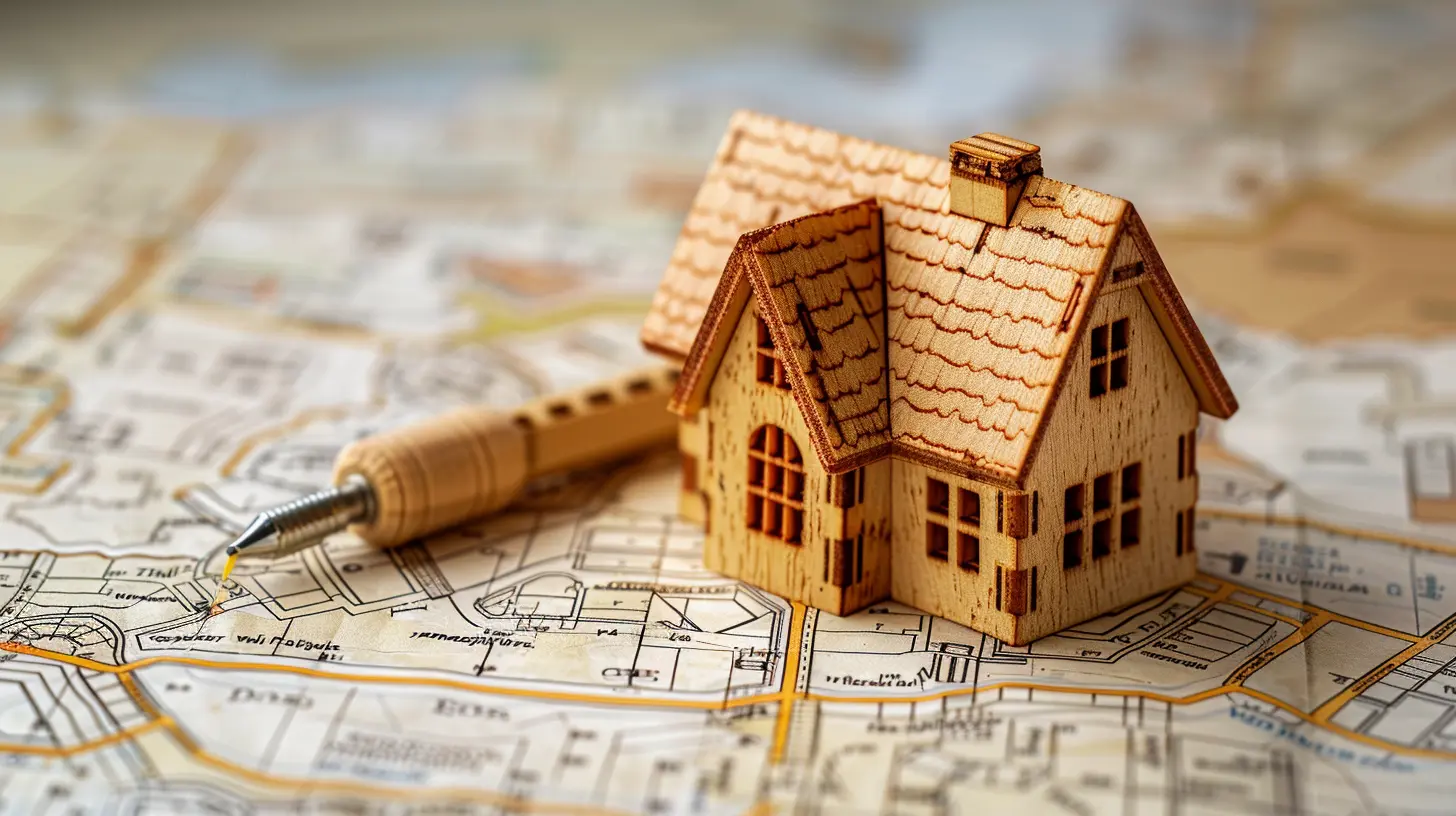
How to Check Zoning Laws in Your Area
Before you buy or sell a property, it’s crucial to check local zoning regulations. Here’s how:1. Visit Your Local Zoning Office: Every city has a zoning office that keeps official records of property zoning classifications.
2. Check Online Zoning Maps: Many municipal websites offer interactive zoning maps where you can enter an address and view zoning restrictions.
3. Consult a Real Estate Professional: Realtors, attorneys, and urban planners can help interpret zoning laws and explain how they impact property value.

Can You Change the Zoning of a Property?
Yes! If zoning laws are limiting your property's potential, you can apply for a zoning change. This can be a long and complex process, but it might be worth it if the change significantly boosts your home’s value.Steps to Request a Zoning Change
1. Research Local Zoning Policies – Understand what’s allowed and whether similar requests have been approved.2. File an Application – Submit a rezoning request to the local zoning board.
3. Attend Public Hearings – Local residents may have a say in the decision. Be prepared to present strong arguments.
4. Await Approval – Zoning changes can take weeks or months, depending on the complexity.
While rezoning isn’t always guaranteed, a successful change can dramatically boost resale potential.
Final Thoughts
Zoning laws may not be the most exciting real estate topic, but they can make or break your home’s resale value. Whether you're looking to buy, sell, or invest, paying attention to zoning restrictions and potential changes is crucial.A home in a well-zoned area with smart future development plans will always be in demand. On the other hand, properties in areas with uncertain zoning changes could struggle to attract buyers.
So, before making any real estate decisions, take the time to understand your property's zoning. It could be the difference between selling at a premium or struggling to find a buyer.
all images in this post were generated using AI tools
Category:
Zoning RegulationsAuthor:

Travis Lozano
Discussion
rate this article
1 comments
Zariah McIlwain
Zoning regulations play a pivotal role in shaping a property's resale value. Homeowners should understand local zoning laws, as they can affect everything from future developments to neighborhood character. Adapting to zoning changes and leveraging them strategically can significantly enhance a home's market appeal and investment potential.
October 29, 2025 at 4:05 AM

Travis Lozano
Absolutely! Understanding zoning regulations is crucial for homeowners, as they directly impact resale value and the future of neighborhoods. Adapting to these changes can maximize a property’s appeal and investment potential.

